
Duke has a long tradition of excellence in Pediatrics, dating back to Dr. Wilburt C. Davison, who was the first dean of Duke University School of Medicine and also served as the first chair of Pediatrics at Duke.
Department Chairs Through the Years

Ann M. Reed, MD, began serving as chair of the Department of Pediatrics and Physician-in-Chief of Duke Children’s Hospital & Health Center, in 2014. An internationally known and respected researcher, Dr. Reed has helped to identify genes that predispose children to juvenile dermatomyositis and provide a comprehensive understanding of the genetics of the disease. Prior to joining Duke, Dr. Reed served for three years at Mayo Clinic as chair of the Department of Pediatric and Adolescent Medicine and physician-in-chief for the Mayo Clinic Children’s Center in Rochester, Minnesota. She was also a professor of pediatrics and medicine at the Mayo Medical School and a consultant in the Division of Rheumatology in both the Departments of Pediatric and Adolescent Medicine and Internal Medicine.
Dr. Reed received her MD degree from the Medical College of Ohio. She completed an internship and residency in pediatrics at Children’s Hospital Medical Center of Akron and a fellowship in clinical immunology/rheumatology at Northwestern University/Children’s Memorial Hospital in Chicago. She also completed a research fellowship in a molecular genetics laboratory at the University of Chicago.
Prior to joining Mayo Clinic, Dr. Reed was a tenured associate professor at the University of North Carolina at Chapel Hill and was active in a collaborative program with Duke providing care for pediatric rheumatology patients. She continues to be active in clinical care of children with autoinflammatory disease and dermatomyositis, an inflammatory muscle disease marked by a distinctive skin rash.

Joseph St. Geme, MD, served as chairman of the Department of Pediatrics from 2005 to 2013. A nationally-recognized expert in basic research and clinical treatment for pediatric infectious diseases, he was professor of pediatrics and molecular microbiology at Washington University School of Medicine in St. Louis. Dr. St. Geme was a postdoctoral fellow in infectious diseases and microbiology at Stanford University from 1988 to 1992. He served as chief resident in Pediatrics at Children's Hospital of Philadelphia from 1987 to 1988 after completing residency training at the Children's Hospital. Dr. St. Geme graduated from Stanford University in 1979 and earned a medical degree from Harvard Medical School in 1984.

Michael M. Frank, MD, is an internationally recognized physician scientist, specializing in allergy and infectious diseases. The former clinical director of the National Institute of Allergy and Infectious Diseases at the National Institutes of Health, Dr. Frank served as chairman from 1990 to 2004. He strengthened and expanded the department’s clinical and research programs while developing house officer training opportunities. Dr. Frank continued his research and was an active member of the Department of Pediatrics until his passing in August 2019.
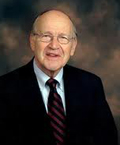
Samuel L. Katz, MD, is an honors graduate of Dartmouth College and Harvard Medical School. After medical internship at Beth Israel Hospital he completed pediatrics residency training at the Massachusetts General Hospital and the Boston Children's Hospital, followed by a research fellowship in virology and infectious diseases, and then became a staff member at Children's Hospital working with Nobel Laureate John F. Enders. He remained with Enders for 12 years during which time they developed the attenuated measles virus vaccine now used throughout the world. In addition to his work on measles, Dr. Katz has been involved in studies of many other pathogens and infectious diseases including vaccinia, polio, rubella, influenza, pertussis, HIV, and Haemophilus influenzae b conjugates. As chairman, Dr. Katz was instrumental in planning Pediatrics’ move to the fifth floor of Duke Hospital. He also presided over a major expansion of the department’s staff, leading Duke pediatrics into the global arena with its divisional sub-specialties. Dr. Katz stepped down in 1990 to pursue clinical research in infectious diseases.
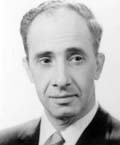
The second chairman, Jerome Harris, MD, was one of Dr. Davison’s recruits. Originally coming to Duke as a biochemist in 1936, Dr. Harris became an instructor in pediatrics in 1937 under J. Buren Sidbury, one of two pediatricians in the state when Duke opened. Later, Dr. Harris was named the first J. Buren Sidbury Professor. At a time when sub-specialties were developing, he trained himself in pediatric cardiology and introduced sub-specialties to the Department of Pediatrics. He served as chairman from 1954 to 1968.
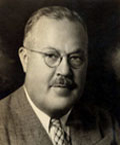
Wilburt C. Davison, MD, the first dean of the medical school, was also the first Department of Pediatrics chairman. Recruited from Johns Hopkins University in 1926, Dr. Davison brought a new approach to health care and health education to Duke — an approach that was highly unorthodox, defying traditional rigidness but preserving excellent quality. He founded the medical school and medical center with young, unproven faculty and flexible educational policies. He also helped found the Blue Cross Hospital Insurance Program for North Carolina, and developed the private diagnostic clinic system that was copied across the nation.
Davison was so effective that, within five years of its founding, Duke was considered to be in the top 10 percent of medical centers in America. Today Duke is recognized as one of the foremost medical centers in the world, with an enviable reputation for excellence in medical school teaching, house staff training, research, and clinical care.
Davison served as chairman of Pediatrics from 1927 to 1954 and as dean until 1960. Being a generalist, he believed in nurturing a small department of versatile pediatricians, sending them into the community to practice, and using them to teach the medical students. In those early days, the clinics were staffed by residents and pediatricians from the practicing community.
Duke Pediatrics Milestones: A Historical Timeline
1927
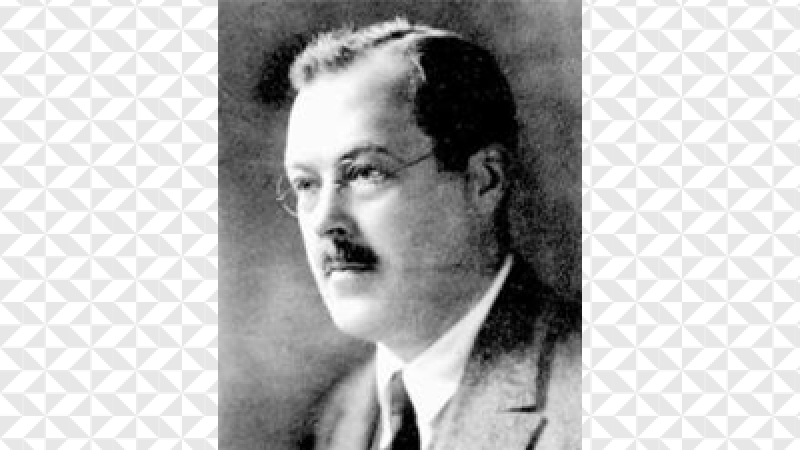
Dean Selected
Dr. Wilburt Cornell Davison elected first Dean of the Duke University School of Medicine and Hospital on 21 January. Dr. Davison was the first dean and first chair of the Department of Pediatrics that brought a new approach to health care and health education.
1927-1960
1950
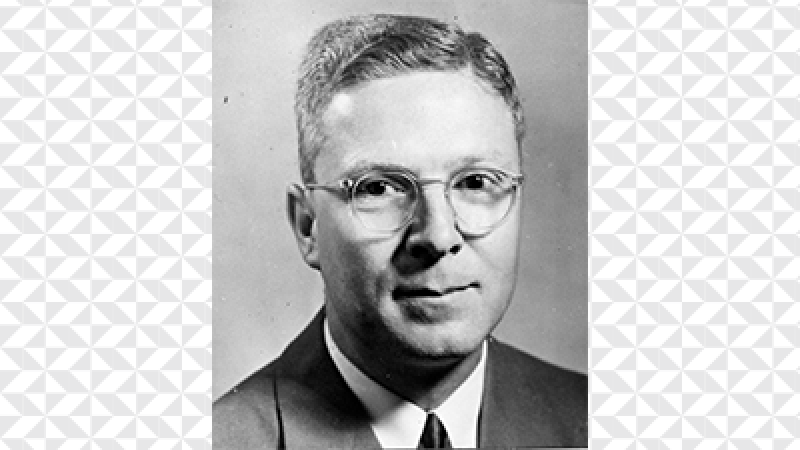
Childproof Safety Caps Invented
Dr. Jay Arena, a pediatrician at Duke, noticed that kids kept getting sick or even dying from aspirin overdoses. He worked with a maker of children’s aspirin and helped produce the first child-proof safety cap. These requirements that Dr. Arena championed were enacted as federal law in 1972, saving countless lives.
1960
First Pediatric Catheterizations
Dr. Madison Spach performed one of the first pediatric catheterizations.
1963
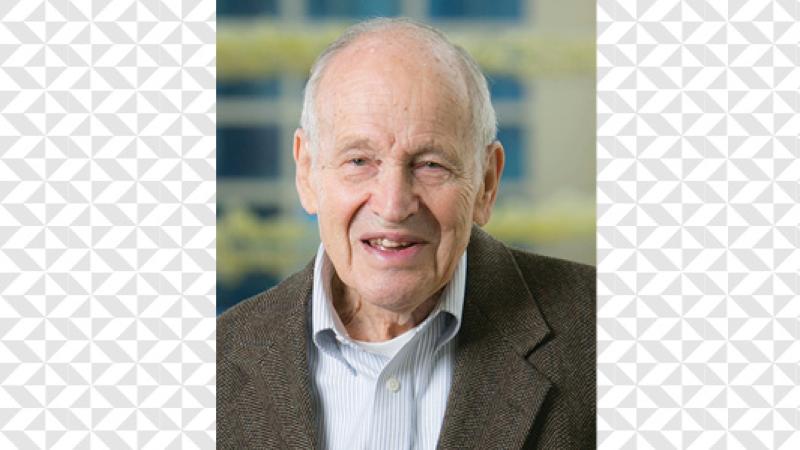
Measles Vaccine Approved
Dr. Samuel L. Katz worked with Nobel Laureate John F. Enders to develop the measles vaccination. The vaccine was tested in national clinical trials, approved by the Food and Drug Administration in 1963, and is now used throughout the world.
1965
Hereditary Angioedema
Dr. Michael Frank discovered the cause and treatment of hereditary angioedema.
1970

Sickle Cell Screening
Dr. Thomas Kinney started a program to screen babies for sickle cell anemia that was implemented across the US.
1980
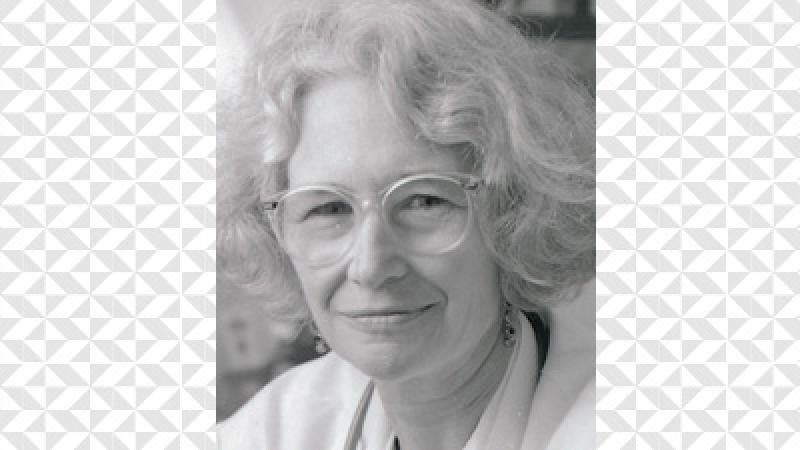
AZT Prevented HIV Transmission Clinical Trial
Dr. Catherine Wilfert led the therapeutic clinical trials that showed that AZT prevented HIV transmission from mothers to babies. This research led to the reduction of mother-to-baby transmission of HIV by 75% in the US.
1982
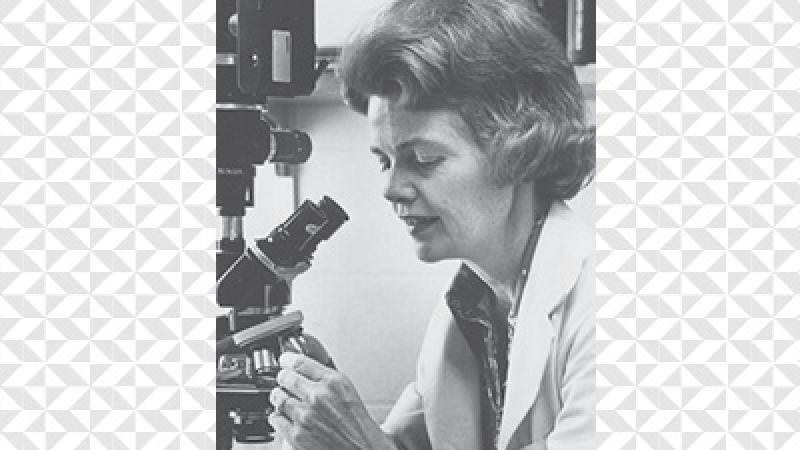
Bone Marrow Transplantation to Restore Immune Systems
Dr. Rebecca Buckley, pediatric immunologist, used bone marrow transplantation to restore the immune systems of children born with severe combined immunodeficiency, also known as bubble boy disease.
1990
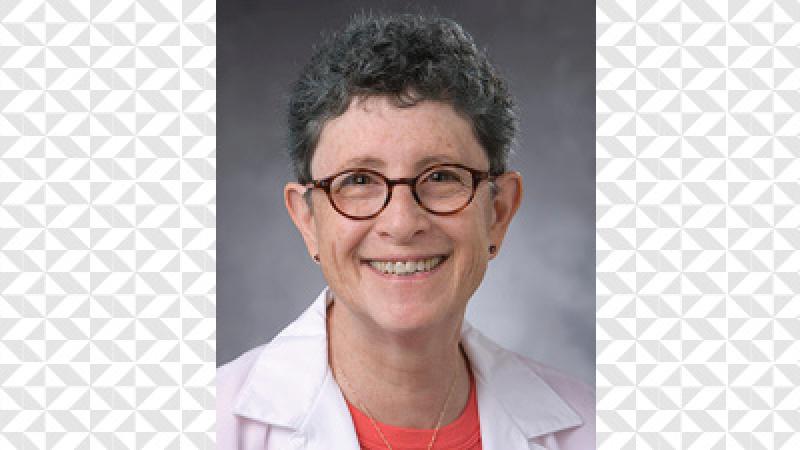
Duke Pediatric Blood and Marrow Transplant Program Established
Dr. Joanne Kurtzberg established the Duke Pediatric Blood and Marrow Transplant Program, one of the largest pediatric blood and marrow transplant programs in the nation.
1994

Thymus Transplantation Cures Babies with No Immune System
Dr. Louise Markert demonstrated that babies born with no immune system, a fatal condition known as complete DiGeorge syndrome, can be cured with thymus transplantation. Duke Children’s is one of only two facilities in the world to offer this procedure.
1996

The Jean and George Brumley, Jr. Neonatal-Perinatal Research Institute Founded
Dr. Ronald Goldberg founded the institute, The Jean and George Brumley, Jr. Neonatal-Perinatal Research Institute, to address health problems of newborns and to train the next generation of physician-scientists. It has become a multi-million dollar endeavor which associates with over 80 senior investigators.
2002

First to Use Insulin Pumps in Type 1 Diabetic Infants and Toddlers
Dr. Michael Freemark and colleagues were the first to use insulin pumps in infants and toddlers with type 1 diabetes, and also spearheaded the screening of diabetic children for celiac disease.
2006

Life-saving Treatment for Pompe Disease Approved
Drs. YT Chen and Priya Kishnani's treatment for patients with Pompe disease, Myozyme, was approved by the FDA, representing the culmination of efforts to develop a life-saving treatment for this deadly condition.
2008
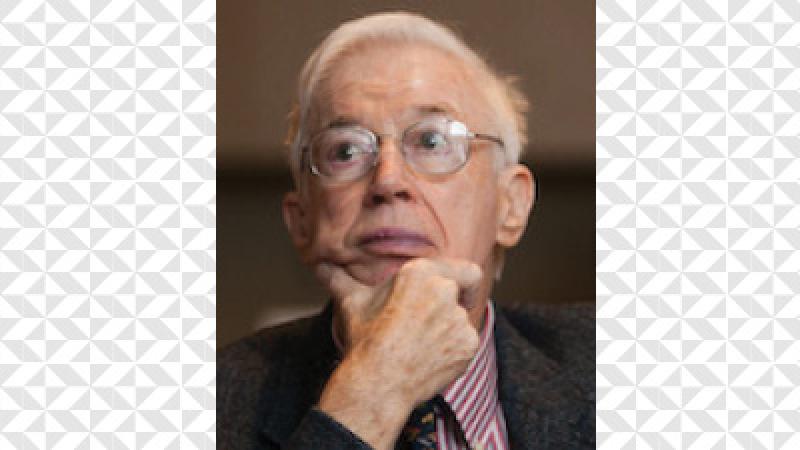
Iodine Added to Irrigation Water in China
Dr. Robert DeLong designed a clever way to add iodine to irrigation water in rural southern Xinjiang Province in China. His work has spared thousands of children from the dangers of iodine deficiency.
2014
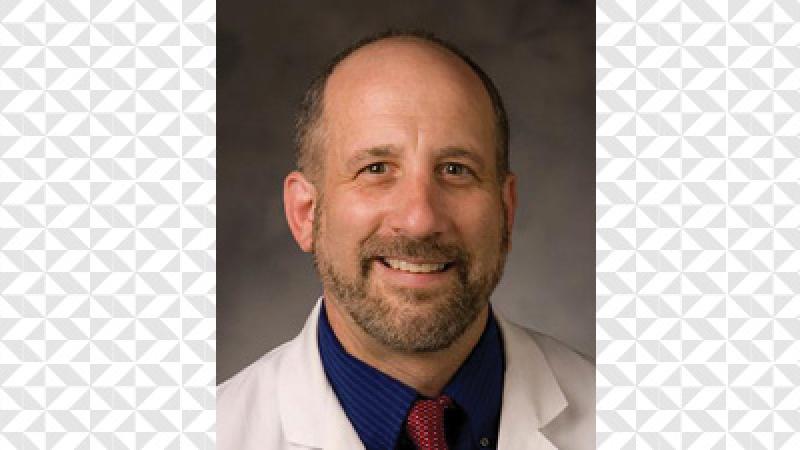
Partial Splenectomy Largest National Experience
Dr. Henry Rice led the largest national experience in the use of partial splenectomy for children with hereditary spherocytosis and other anemias. Duke currently operates the largest registry in the US to better understand the outcomes of these children.
2015
Certified Duchenne Care Center
Duke Children’s named a certified Duchenne Care Center, one of only nine centers in the nation by Parent Project Muscular Dystrophy.
2016
Designated a Top-Level Surgical Center
One of only five centers in the country designated a Top-Level Surgical Center under the new certification program by the American College of Surgeons, recognizing Duke’s commitment to providing the safest and highest-quality surgical care for pediatric patients.
2016
Duke’s Extracorporeal Membrane Oxygenation (ECMO) Program
Duke’s Extracorporeal Membrane Oxygenation (ECMO) Program, which is used to treat patients with life threatening heart and/or lung problems, is one of only five programs in the world to be awarded the Platinum level for Excellence in Life Support from the Extracorpeal Life Support Organization (ESLO).
2016
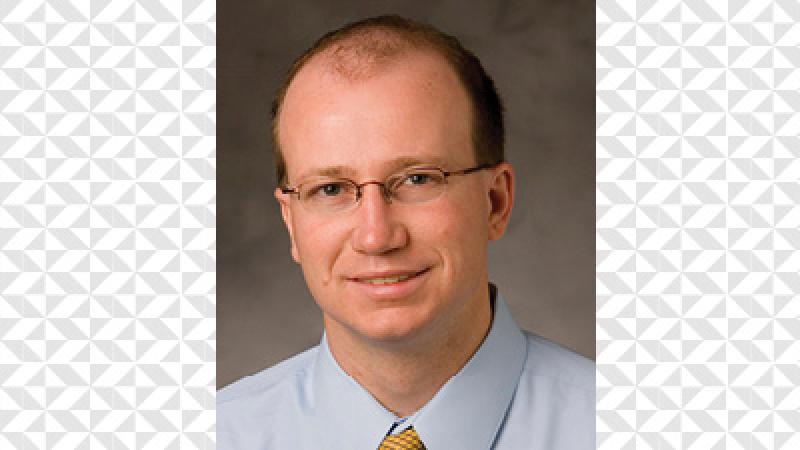
Environmental Influences on Child Health Outcomes (ECHO) program Launched
Under Dr. Brian Smith's leadership, the National Institutes of Health launched the Environmental Influences on Child Health Outcomes (ECHO) program to better understand early environmental influences on child health across generations. The Duke Clinical Research Institute coordinates more than 60 ECHO research cohorts contributing data and biospecimens from over 50,000 children and their families to address research questions that no single cohort can address alone.
2017
Intensive Fellowship in Patient Safety for Pediatricians Begins
Duke Global Health pediatric and surgical staff began an intensive fellowship in patient safety for pediatricians from around the world. It is the only program of its kind to train clinicians from low- and middle-income countries in the sciences of patient safety contextualized to global health challenges.
2018
Duke Children’s Pediatric and Congenital Heart Center Created
Duke Children’s Pediatric and Congenital Heart Center is created. This center serves to integrate a full range of advanced clinical programs that will further advance heart care for our patients across the continuum.
2018
Cure JM Center of Excellence Designation
Duke Children’s is designated as a Cure JM Center of Excellence by the Cure JM Foundation in recognition of our great progress in advancing education, clinical care, and discoveries for juvenile myositis (JM). JM is a group of rare, potentially life-threatening autoimmune diseases that begin in childhood.
2020
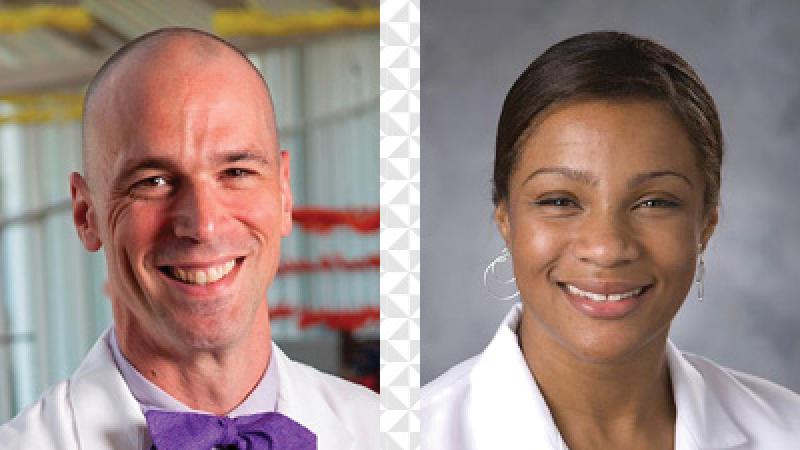
ABC Collaborative Established
The ABC Collaborative is established under the leaderships of Drs. Danny Benjamin and Kanecia Zimmerman to conduct COVID-19 research in schools to help children and staff stay safe. The Collaborative collects data from U.S. school districts representing more than 1 million students. It produced the fastest research publication to legislation in the history of Duke Clinical Research Institute.
2021
Inpatient Units Relocated to Duke Central Tower
Most of the Duke Children’s Inpatient units relocated to the first floors of Duke Central Tower that opened in December of 2021. This inpatient home of Duke Children’s will provide the flexibility to adapt as technology evolves while offering more privacy and space for families.
2022

First Partial Heart Transplant
A team at Duke Children’s, led by pediatric heart surgeon Dr. Joseph W. Turek, performs the world’s first partial heart transplant on a 17-day-old baby boy, with the living arteries and valves from a freshly donated heart fused onto the patient’s existing heart. The procedure will increase the availability of donor hearts to children in need and opens the door to other procedures, including domino heart transplants.
Watch a video highlighting selected notable achievements in the history of Duke Children's and the Duke Department of Pediatrics.
We are making history every day.
Our work is also spotlighted in Agents of Change: Portraits of Activism in the History of Duke Health, a 2023-2024 oral history project documenting the work of activists and "change agents" throughout Duke's history. It features two of our history-making faculty, Brenda Armstrong, MD, and Deanna Adkins, MD. Learn more.